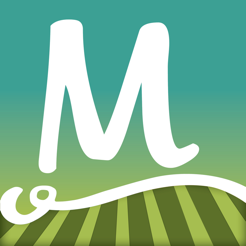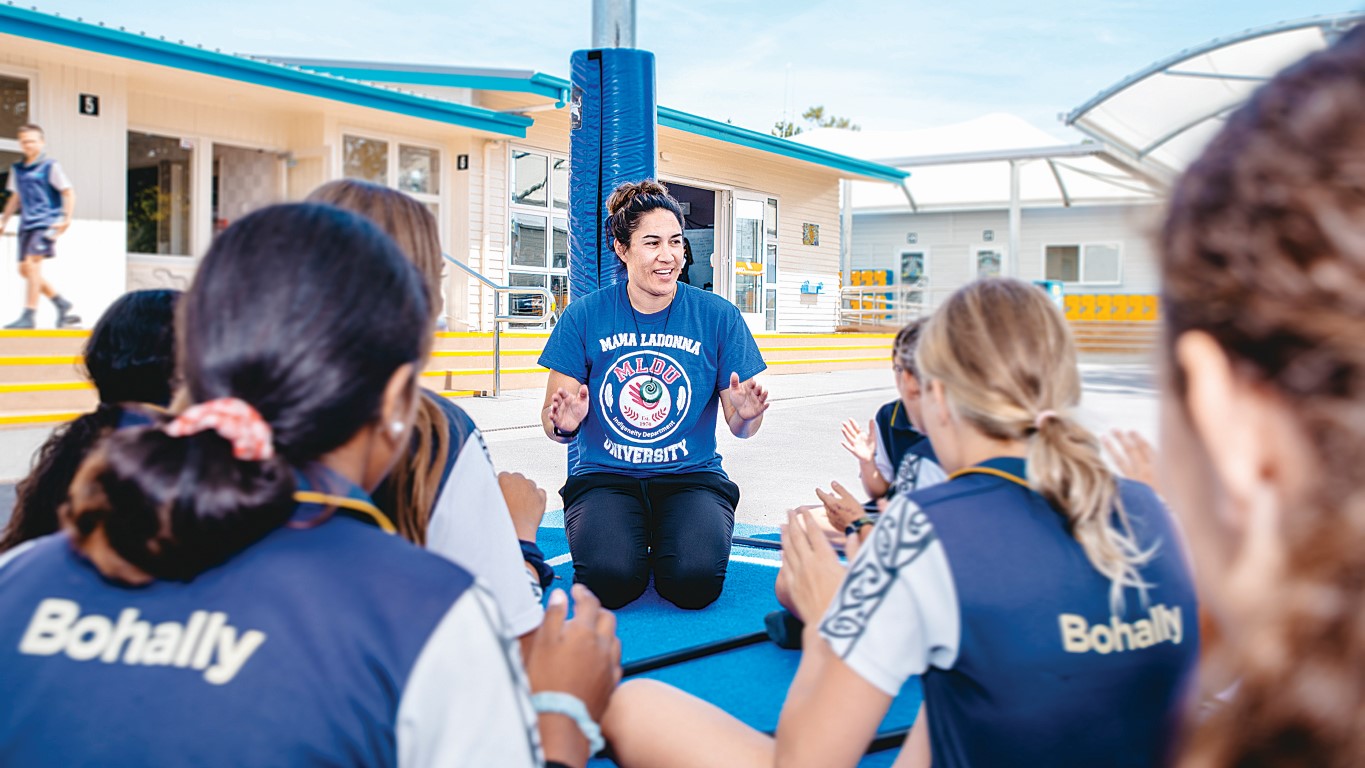Māori medium education returns to Bohally Intermediate


As she watches the ākonga of Bohally Intermediate’s newly revitalised Māori language class do an activity at Tua Mātene marae, their teacher Pera Wills reflects on the benefits te ao Māori in the classroom has for them – as it once did for her.
Pera, who attended Whitney Street School’s first te reo Māori class as a child in the 1980s, and then Bohally’s bilingual class in 1990, has just started teaching the intermediate’s first Māori bilingual class in 10 years.
With whānau roots in Ōpōtiki where her mother was born but adopted young by Marlborough kuia, Pera (Whakatōhea, Te Aitanga-a-Māhaki, and Ngāpuhi) grew up in and around Omaka Marae and Wairau Pā, and attended kohanga reo.
When she reached primary school age, faced with mainstream education at Whitney St School, her mum Merehira Wills, Helen Joseph and other prominent local whānau stepped in, establishing what became two total-immersion Māori classes.
“I was fortunate to be part of the bilingual education system, nurtured by wairua and soul,” says Pera, speaking at the Grovetown marae where she’s spending the night with her 25 ākonga, including tamariki who’ve grown up there.
Merehira – who at 74 still shares her culture at kura across Marlborough – joined the class as kaiarahi, where she brought her ingrained knowledge of te reo and tikanga, but no formal qualification. Travelling to Wellington for training, she took Pera, where being “amongst all these strong wahine Māori” left a lasting impression that she carries with her now.
In 2009, after 25 years and due to falling roll numbers, Whitney St School’s class closed. That same year, Bohally Intermediate’s bilingual class, taught by Nan Kahu Chadwick and Allyson Court, also closed after 17 years.
When Pera reached college, she was plunged into mainstream education where she felt isolated and lost. “I’ve had to fight for where I am now,” she says.
The experiences inspired the thesis for her recently completed master’s degree in Māori and indigenous leadership: ‘The transition of how we support kaupapa Māori into mainstream education’.
“We had fantastic lecturers that raised, or elevated, the importance of a bicultural education system.”
While working as a relief teacher at Bohally Intermediate following her studies, Pera began to see a need for Māori tamariki to be taught in a way that incorporated the familiar tikanga they’d been raised in all their lives, as she once had.
“There is that idea of, ‘someone cares about me being Māori’. And I get that because I was part of the system. That’s where my heart sits, there’s no other way for kids to be educated.”
She approached principal Nicky Cameron-Dunn, who wholeheartedly supported the proposal.
“We all have a responsibility to revitalise te reo in schools and this provides an entry point for many of our tamariki and whānau who are looking for an education that truly embeds tikanga practices.”
With many of Whaea Pera’s ākonga coming from whānau she grew up with, including Helen’s mokopuna, the class has drawn in the wider community and iwi.
“I’ve had massive support... the people I’m surrounded by at the moment are a force to be reckoned with. We’re very strong and competent in our view that tikanga, te ao and the Māori view need to be here. I’m all about revitalising, elevating, indigenous education.”
A few months in, Pera is already seeing positive changes in ākonga, but adds one to two years to “plant seeds” are not enough, and that this must be an intergenerational process.
“As a hapu, as an iwi, you look not at today, not at tomorrow, but where we’re going to be in 100 years.”
